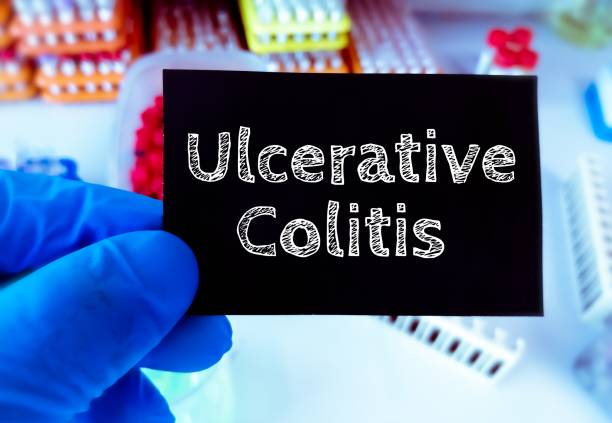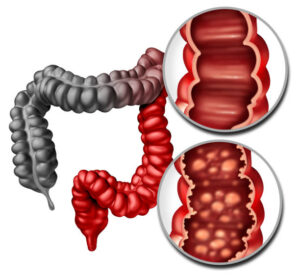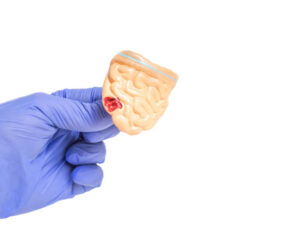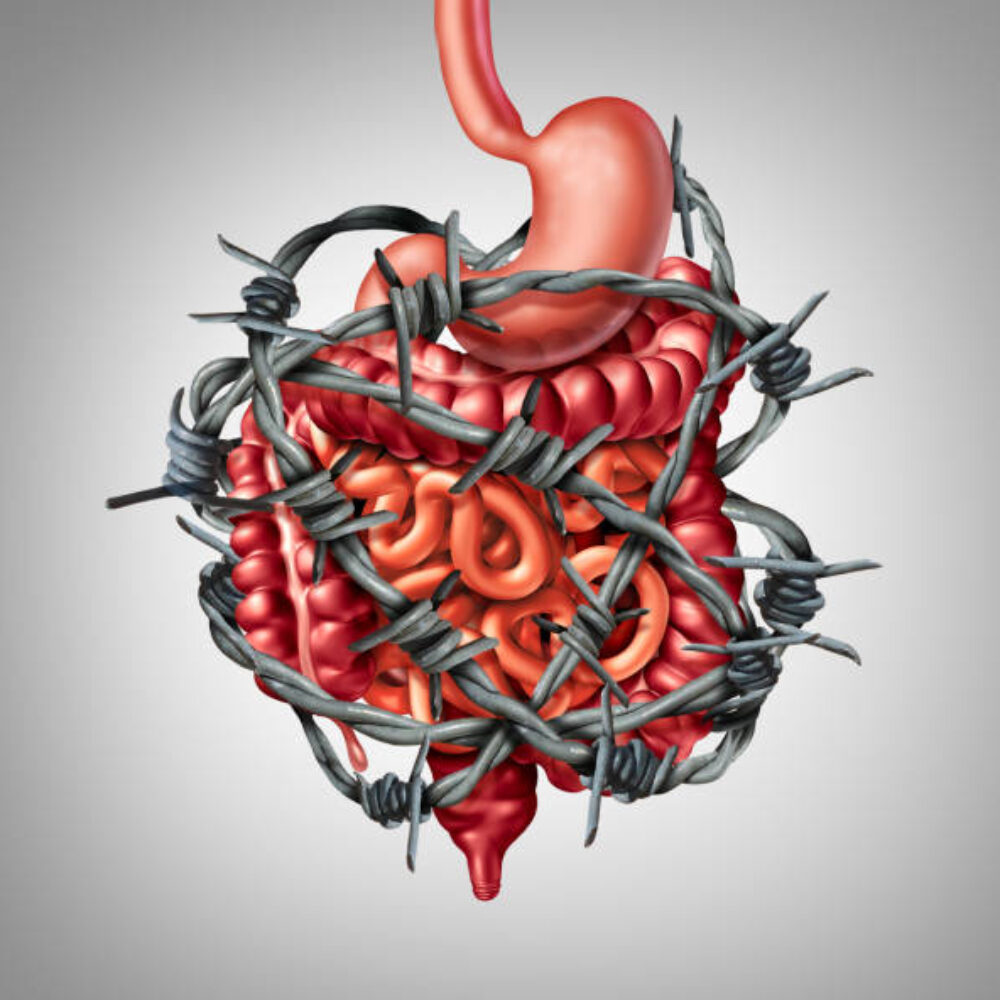Stomach aches or upset stomachs are a daily companion for many. Suffering from this problem means being afraid of food. One of the most common stomach problems is ulcerative colitis, a type of inflammatory bowel disease that can occur at any age.
If you have ulcerative colitis, you need to know which foods to eat and avoid with ulcerative colitis to minimize flare-ups and promote healing.
In this post, we’ll go over the foods that can trigger or calm the condition and some practical tips for managing ulcerative colitis through your diet.

What is ulcerative colitis?
If there is any wound or ulcer inside our colon, it is called colitis. Ulcerative colitis is a painful inflammation of the stomach that causes significant inflammation in the colon.
Small ulcers or sores can damage the entire colon as they adhere to each other. The disease can be genetic or environmental.
This disease is more common in people aged between 20 and 40 years. The exact cause of ulcerative colitis is anonymous. However, the disease can occur in the children of maternal, paternal, or both maternal and paternal siblings. Some believe that this disease can occur if the intestinal lining of the colon is weakened.
Symptoms:
- Frequent loose stools
- Blood in the stool
- Passing mucus or jelly-like substances often through the rectum
- Feeling cramps in the lower abdomen and experiencing intense diarrhea
- Stool may cause clothes to get soiled if unable to go to the bathroom in time
- Due to frequent loose stools and blood in the stool, patients may show signs of dehydration, salt imbalance, and anemia.
Untreated Consequences:
- Colon cancer can occur.
- Pain in various joints of the body, such as the waist, spine, knees, ankles, and wrists.
- Different types of red spots or ulcers can occur on the skin.
- Various types of eye diseases can lead to blindness.
- Water retention in the mouth, hands, and feet causes swelling in the body.
- Jaundice and various liver problems can occur, and the liver can be damaged.

Prevention Methods:
It is possible to prevent this disease by following some measures. Turmeric is very effective for these patients, mainly due to the therapeutic effects of curcumin found in turmeric.
Eating fiber-rich foods also benefits patients. Studies have shown that stress worsens the symptoms of ulcerative colitis in many cases, so it should be reduced.
This study found that high perceived stress is associated with a raised risk of clinical flares in patients with UC.

Foods to eat and avoid with ulcerative colitis
Controlling ulcerative colitis (UC) involves carefully choosing foods that help reduce inflammation and avoid those that might cause symptoms.
Here’s a guide on foods to eat and avoid with ulcerative colitis:
1. What to avoid:
Avoid sugary food: You should avoid sugary foods like chocolate, cake, and sweet juice drinks. High-refined, sugary food is not good for your colon.
Coffee: Avoid drinking too much coffee. Daily, one coffee is okay, but don’t drink too much.
Limit ultra-processed food: Limit ultra-processed food to avoid colon infection.
2. What to eat:
- Papaya: Add papaya to your daily diet. Papaya is very helpful for problems like constipation, gastritis, and many other stomach problems.
- Beans: Beans contain vitamins E, B, and protein, which are very beneficial for our colon.
- Low-fiber fruit: Eating low-fiber fruit can be suitable for people with ulcerative colitis.
- Cinnamon tea: it also works for your colon diseases.
- Probiotic: Eat probiotic food and drinks like kanji rice, beet kvass, and fermented tea.
If you found this guide helpful, don’t forget to subscribe to our newsletter for more tips on managing gut health naturally.
We’d also love to hear your thoughts—leave a comment below to share your experiences or ask questions. And if this post could help someone you know, please share it with them!
Frequently asked questions:
1. Is ulcerative colitis a cause of polyps?
People who have ulcerative colitis are at high risk for inflammatory colon polyps. Inflammatory polyps are often called pseudopolyps and do not become cancerous.
2. When should you do a colonoscopy?
At the age of 40, you should have a colonoscopy for your colon.
3. What is the first step of ulcerative colitis?
The first step of ulcerative colitis is passing blood in stool, diarrhea, and stomach pain.
Some Related Research on Ulcerative Colitis Diet
1. Fiber and Ulcerative Colitis
- Studies have analyzed the impact of fiber intake on controlling ulcerative colitis. While some high-fiber foods might irritate the gut during a flare-up, other sources suggest that fiber from fruits and vegetables may benefit UC patients in remission.
- Source: Dietary Fiber and Inflammatory Bowel Disease: Effects on Ulcerative Colitis
2. Probiotics and Gut Health at UC
- Research has shown the positive effects of probiotics in managing ulcerative colitis. Studies indicate that probiotics can help restore the gut microbiota balance, which is often disrupted in UC patients.
- Source: Probiotics in Ulcerative Colitis: A Review
3. Dietary Recommendations for UC Patients
- This resource focuses on foods to eat and avoid based on research on gut health and inflammatory bowel diseases.
- Source: Dietary Guidelines for Managing Ulcerative Colitis



